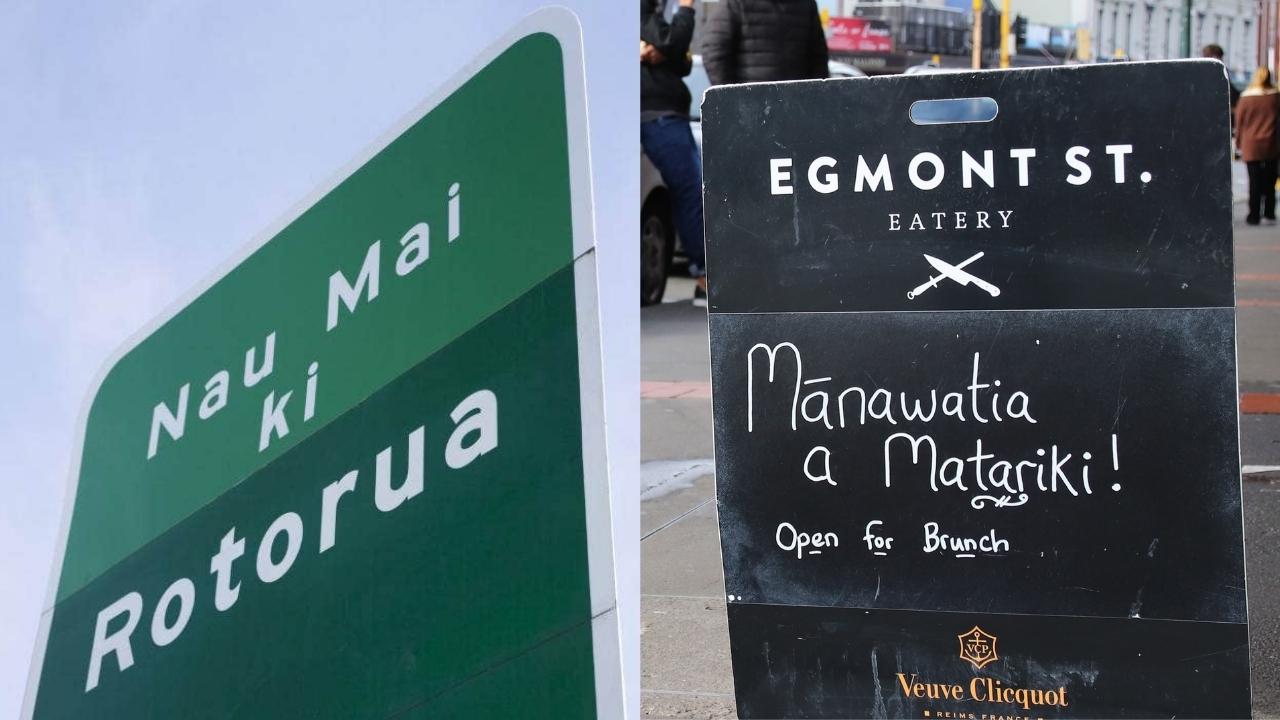
been struggling
own injustices
Courtney Borrett is a writer with a background in languages and education. She loves writing about Japanese language and popular culture, especially anime and video games. You can contact her via her Twitter (@koutonii).
, incarceration, domestic violence and illness.
Sound familiar? Aboriginal and Torres Strait Islander peoples have with their that stem from years of colonial oppression and genocide. This is where the importance of language comes into play.
As for New Zealand, te reo Māori is offered in most education settings. Although it is not compulsory, schools and universities offer Te Reo Māori as a subject. That being said, even just including Māori translations on posters around the city is enough to start educating a population. With the permission of Aboriginal and Torres Strait Islander peoples throughout Australia, we should be advocating for this too.
In Australia, there are hundreds of Aboriginal and Torres Strait Islander languages. Yet these languages are rarely offered by educational institutions and are rarely used as either spoken or written languages in most large Australian cities.
And I can hear the comments now, “but how would we do this when there’s not just one First language?”. It’s simple really. Whichever language or languages are used in a location are the languages that should be used to implement First languages education across Australia.
Increasing awareness and acceptance of Aboriginal and Torres Strait Islander cultures is a necessary step in fighting back against colonial oppression. Including First languages translations on everyday signage and items could be one of the easiest ways to involve all Australians in helping to close the gap.
The post Just Gonna Say It: So-Called Australia Should Learn From NZ & Widely Use Aboriginal Languages appeared first on PEDESTRIAN.TV .







